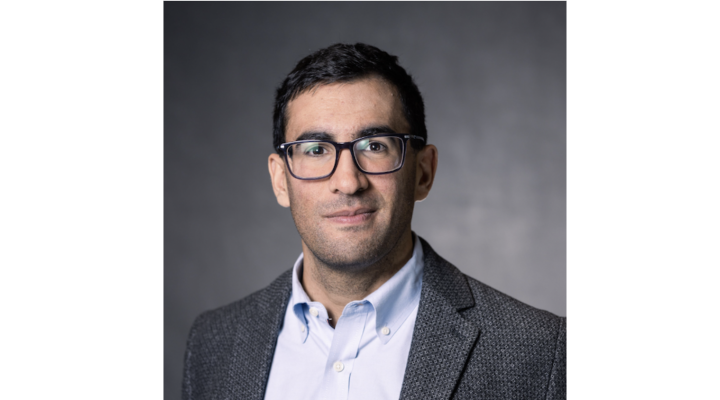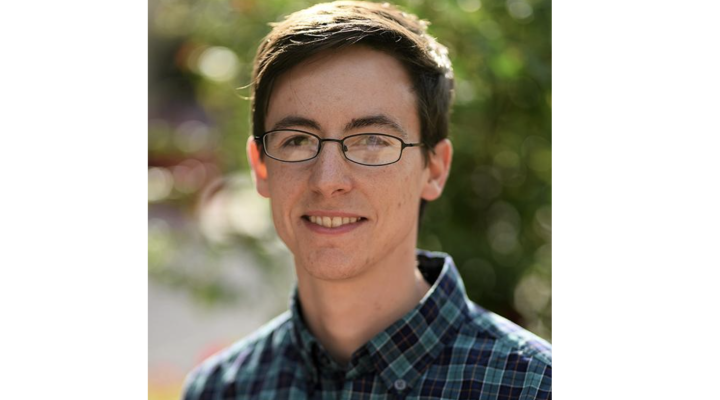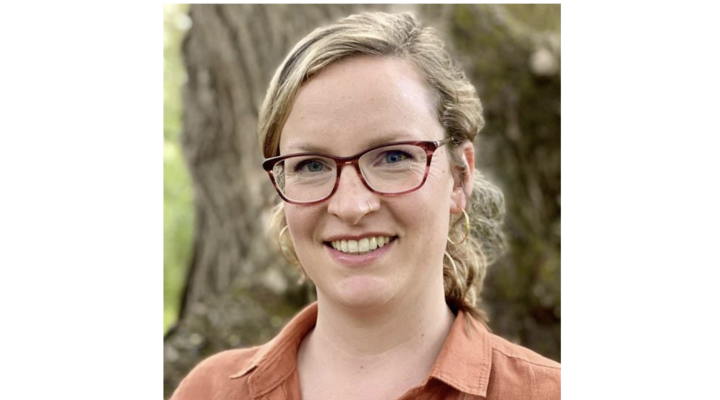Classic statistical analyses rely on large sample sizes of relatively simple data. However, in the world of biology, researchers are often faced with the reverse—small sample sizes of very complex data points, such as genes. Marten Wegkamp creates statistical models to help deal with these kinds of data sets. His work is theoretical, but the methods he works on can be used to help drill down on high-complexity data sets, finding the important patterns that reveal key information. For example, Wegkamp’s statistical methods can be used in gene expression data to determine which genes are important to predict cancer. “My work is on the theoretical side, but I develop models that I know can be useful to people who do applied mathematics,” he says.
Wegkamp was born, raised, and educated in the Netherlands, where he had an abiding interest in mathematics and history. “For a job, I thought it was better to study mathematics,” says Wegkamp, although he still likes to read history books.
His interest in mathematics was simple; “I just liked solving the problems,” Wegkamp says. His passion for problem solving took him from Leiden University to an assistant and associate professorship in statistics at Yale University, and from there, to Florida State University where he continued as a professor of statistics. During this time as a professor at Florida State, Wegkamp’s statistical work helped to pioneer the mathematical properties of a statistical technique known as lasso-type penalization methods in regression and classification, a method routinely used in statistical analyses of gene expression.
As a professor of statistics at Cornell University, Wegkamp continues to solve statistical conundrums—such as low rank and sparse modeling and estimation in high dimensional data.
When he’s not creating statistical models, Wegkamp teaches both undergraduate and graduate statistics courses at Cornell. “I like it, I need the balance between that and research,” he says. The balance has worked out well, as has his experience at Cornell since he joined in 2011. “I like Cornell,” says Wegkamp. “The atmosphere here, the department, is really fantastic.”




